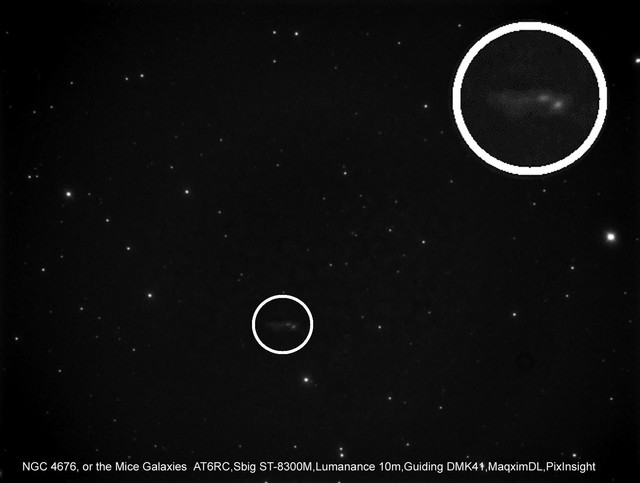

Syntax: FIRST_VALUE(column | expression) OVER( window_spec) You must specify the sort criteria to determine the first and last values. You can use the Redshift first_value and last_value analytic functions to find the first value and last value in a column or expression or within group of rows. Order by sal_amt FIRST_VALUE and LAST_VALUE Analytic Function Lag(product_id) over ( order by sal_amt ) as product_id_lag Lead(product_id) over ( order by sal_amt ) as product_id_lead, Query and output as follows: select product_id, Get the insured amount of the patient later and prior than the current rows in each department. If there is no row next/prior to access the LEAD/LAG function returns NULL, You can change this NULL value by specifying the “ default” values. Offset is the relative position of the row to be accessed. LAG(column, offset, default) OVER( window_spec) Syntax: LEAD(column, offset, default) OVER( window_spec) You can use these functions to analyze change and variation. Lead and Lag Redshift analytic functions used to compare different rows of a table by specifying an offset from the current row. Max(sal_amt) over ( partition by prod_cat order by sal_amt rows unbounded preceding) as sale_max Min(sal_amt) over ( partition by prod_cat order by sal_amt rows unbounded preceding) as sale_min, MAX(column | expression) OVER( window_spec) Ĭalculate Min and Max of insured amount of all patients within each department. Syntax: MIN(column | expression) OVER( window_spec)

Like the SQL MIN and MAX functions, Redshift analytic MIN and MAX functions are used to compute the MIN and MAX of the rows in the column or expression and on rows within group. Sum(sal_amt) over ( partition by prod_cat order by sal_amt rows unbounded preceding) as sale_sum Syntax: SUM(column | expression) OVER( window_spec) Ĭalculate sum insured amount of all patients within each department. Sum analytic function is used to compute the sum of all rows of table or rows within the groups. Just like sum function, Redshift Sum analytic function is used to compute the sum of columns or expression. Count(*) over ( partition by prod_cat order by sal_amt rows unbounded preceding) as sale_cnt


 0 kommentar(er)
0 kommentar(er)
